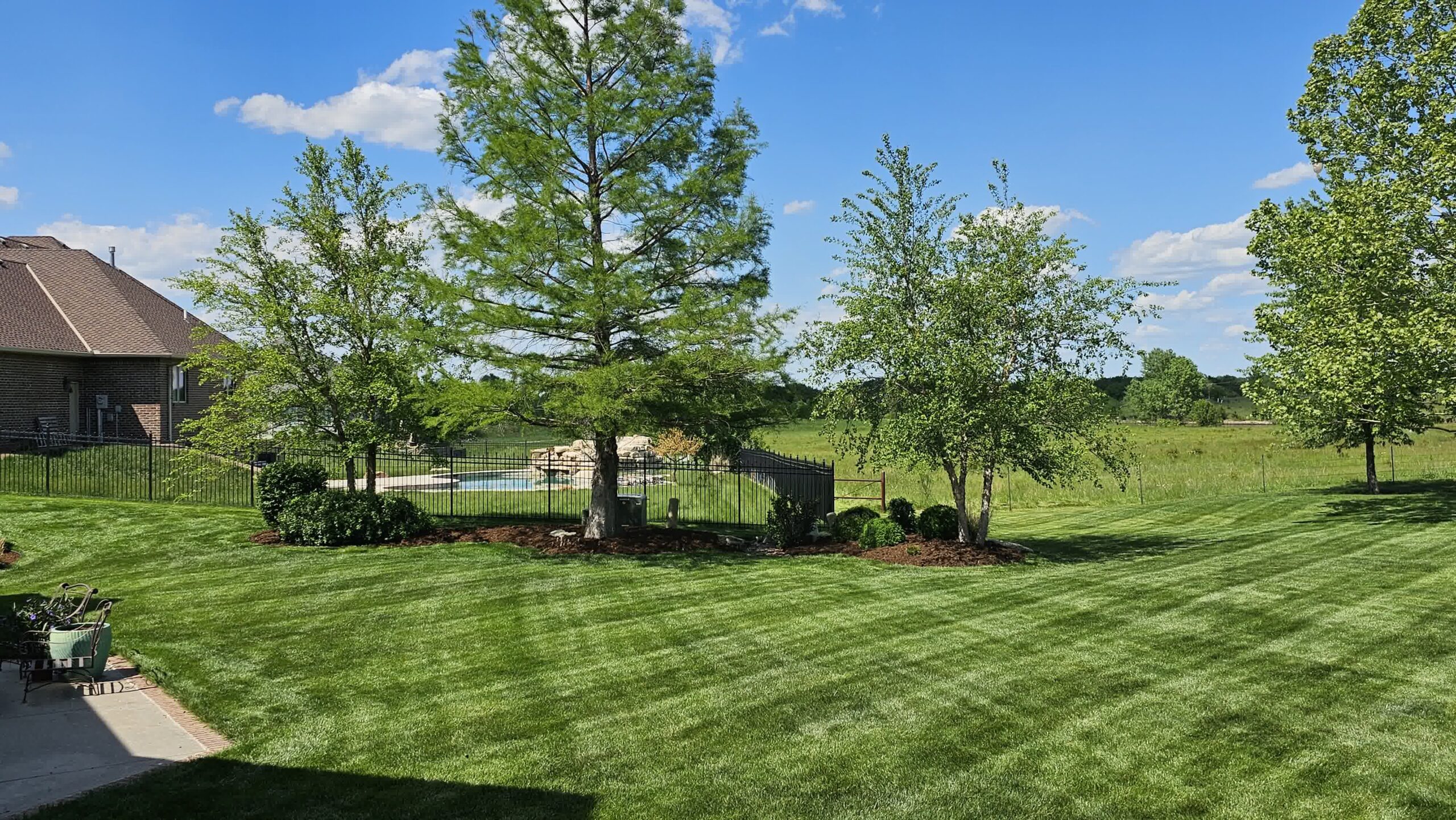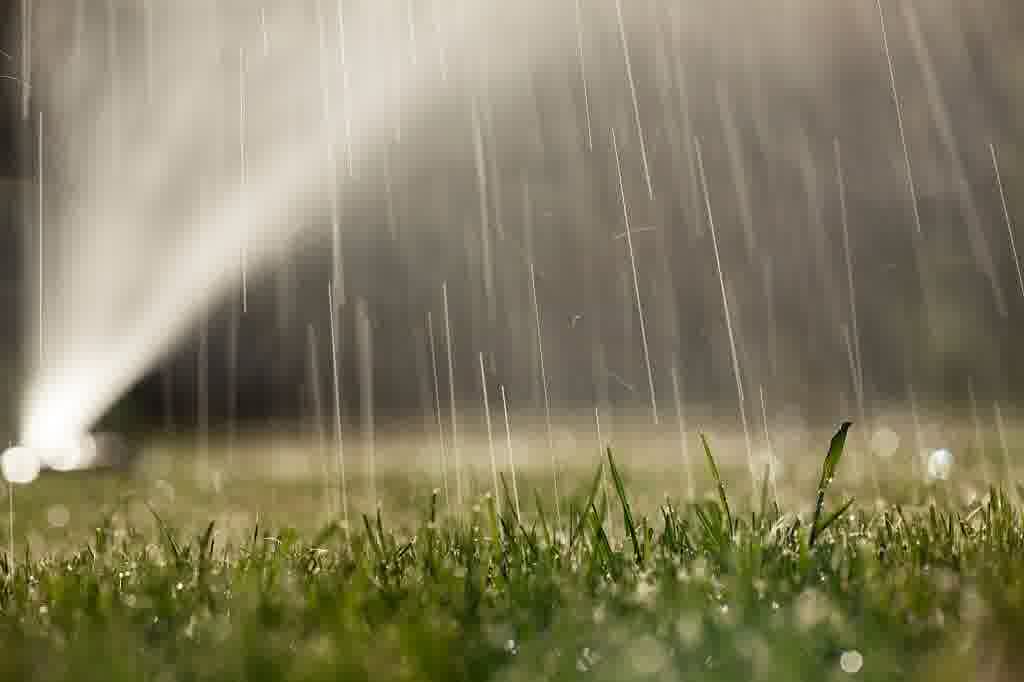Beat the Bite! Top 3 Landscaping Tweaks To Deter Mosquitoes
Mosquito season always seems to sneak up just when you’re ready to enjoy your outdoor space the most. Whether you’re planning backyard BBQs, relaxing evenings under string lights, or afternoons by the pool, nothing puts a damper on the fun quite like a swarm of buzzing, biting mosquitoes. Fortunately, you don’t need to resort to harsh chemicals or expensive fogging treatments to reclaim your yard. With a few intentional landscaping changes, you can reduce mosquito populations naturally and create a space that’s as comfortable as it is inviting. If you’re in [your city] and gearing up for another warm season, these simple tweaks can help you protect your backyard from becoming a mosquito magnet.
How Mosquito Season Impacts Your Backyard Landscape
It Greatly Impacts How You Enjoy Your outdoor living Space
Mosquitoes don’t just annoy you with their bites—they change how you use your yard. Homeowners often find themselves cutting evenings short, avoiding patios altogether, or ditching firepit nights because of the constant swatting and itching.
What should be your private retreat becomes uncomfortable, or even unusable, once mosquito season hits. By planning ahead and making smart landscaping choices, you can take back control of your outdoor space—so you and your family can actually enjoy it all season long.
It Can Increase the Chance of Disease
Mosquitoes are more than a backyard nuisance; they’re also capable of carrying serious illnesses like West Nile virus, Zika, and dengue fever. In humid regions and places with heavy rainfall, mosquito populations can skyrocket if not properly managed.
Reducing their habitat and cutting off access to breeding grounds can help lower the risk of disease transmission—especially for homes near wooded areas, wetlands, or slow-draining neighborhoods in [your city].

How to Pick the Right Plants During Mosquito Season
The Benefits of Planting Fragrant Plants
Certain plants don’t just make your yard look lush—they help repel mosquitoes naturally. Fragrant herbs and flowers like lavender, marigolds, rosemary, basil, and mint produce scents that confuse or deter mosquitoes. Best of all, many of these are low-maintenance and thrive in common garden conditions.
Placing these plants near seating areas, doorways, patios, and walkways adds beauty while helping to keep bugs at bay. Some homeowners even use potted versions to move mosquito-repellent plants around their yard as needed throughout the season.
How to Effectively Grow Citronella Grass
The citronella plant—often confused with scented geraniums—is one of the most well-known natural mosquito repellents. True citronella grass (Cymbopogon nardus or Cymbopogon winterianus) is a tropical plant that can grow well in containers or garden beds in warmer zones.
To get the best results, plant citronella grass in full sun with well-draining soil. If you’re in a colder climate, use containers so you can move them indoors when temperatures drop. While citronella doesn’t magically wipe out mosquitoes on its own, it plays an effective role when combined with other mosquito control strategies in your landscape.

Eliminate Mosquito Breeding Grounds This Season
Get Rid of Any Standing Water
If there’s one thing mosquitoes need to thrive, it’s standing water. Even small puddles, planter trays, clogged gutters, or birdbaths can become breeding grounds. Female mosquitoes lay their eggs in water, and it takes less than a week for larvae to mature into biting adults.
A weekly yard check to dump or drain standing water is one of the simplest and most effective ways to fight mosquito populations. Check flower pots, old tires, toys, and anywhere else water may collect after a rainstorm.
How Drainage Can Help Drain Natural Wetland Habitats
In more heavily landscaped or low-lying areas, poor yard drainage can create long-term mosquito habitats. Puddling in the lawn, soggy mulch beds, or slow-draining soil can create the perfect breeding conditions after just a few summer showers.
Improving your yard’s drainage—whether through French drains, regrading, or dry creek beds—helps water move more efficiently off your property. Not only does this reduce mosquito problems, but it can also help protect your home’s foundation, reduce erosion, and improve your landscape’s overall health.

Conclusion
Mosquito season doesn’t have to dominate your summer plans. With just a few key landscaping adjustments—like selecting repellent plants, improving drainage, and eliminating standing water—you can enjoy your backyard without the buzz. Start with simple steps: plant citronella grass near your favorite seating areas, inspect your yard for water buildup, and upgrade your drainage if needed. Over time, these efforts add up to create a landscape that’s more resistant to mosquitoes and more enjoyable for you.
So as mosquito season returns to [your city], make sure your landscape is ready—not just to look good, but to protect your space and your health from these unwanted pests. Get in touch with us to learn more about our mosquito season services as well as our Lawn Care, Weed Control & Fertilization & Lawn Mowing services.

"*" indicates required fields

Stephanie D.

Nolan A.

Tom F.

Anthony H.
 (316) 435-3509
(316) 435-3509 office@divine-lawns.com
office@divine-lawns.com